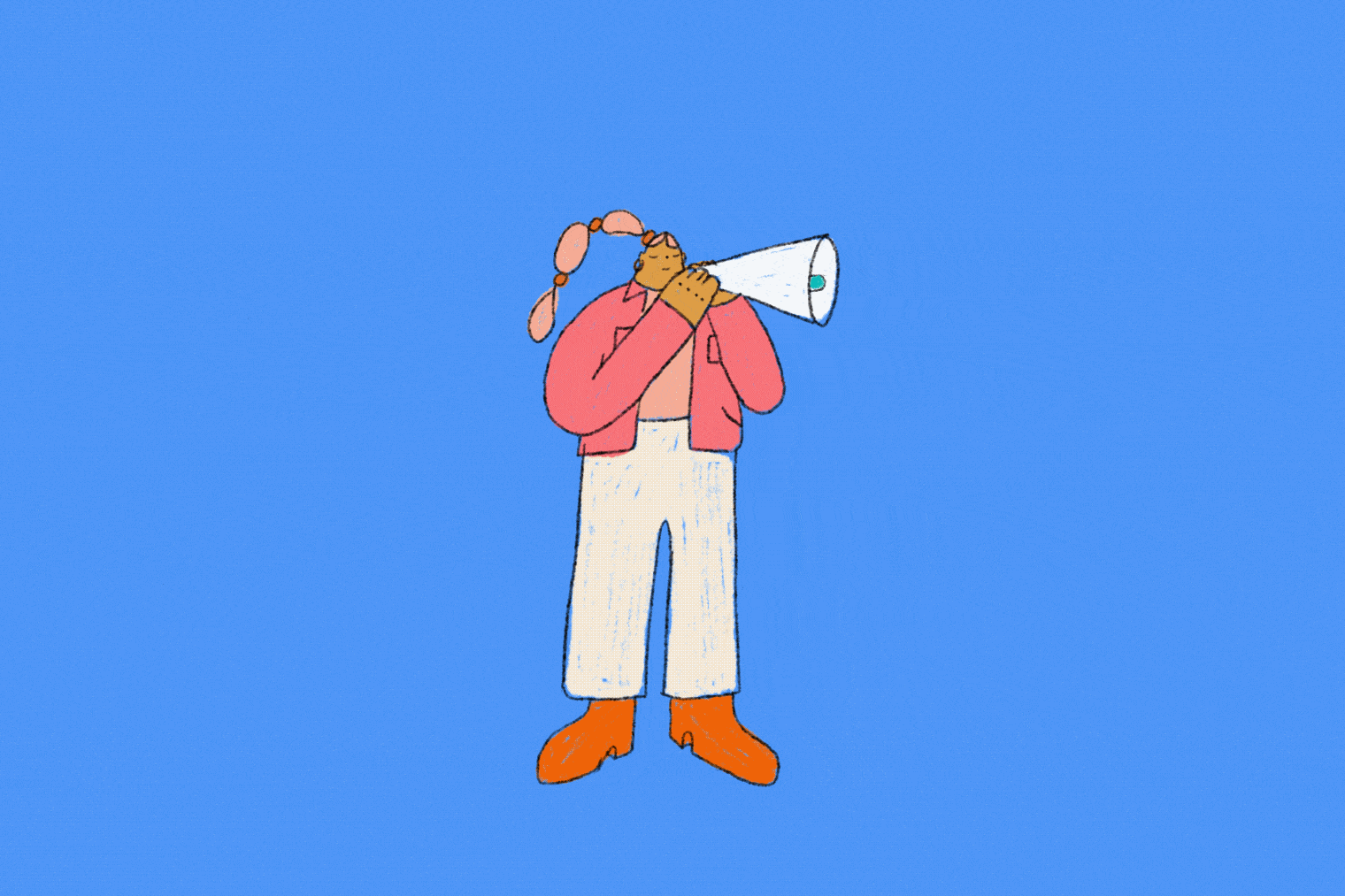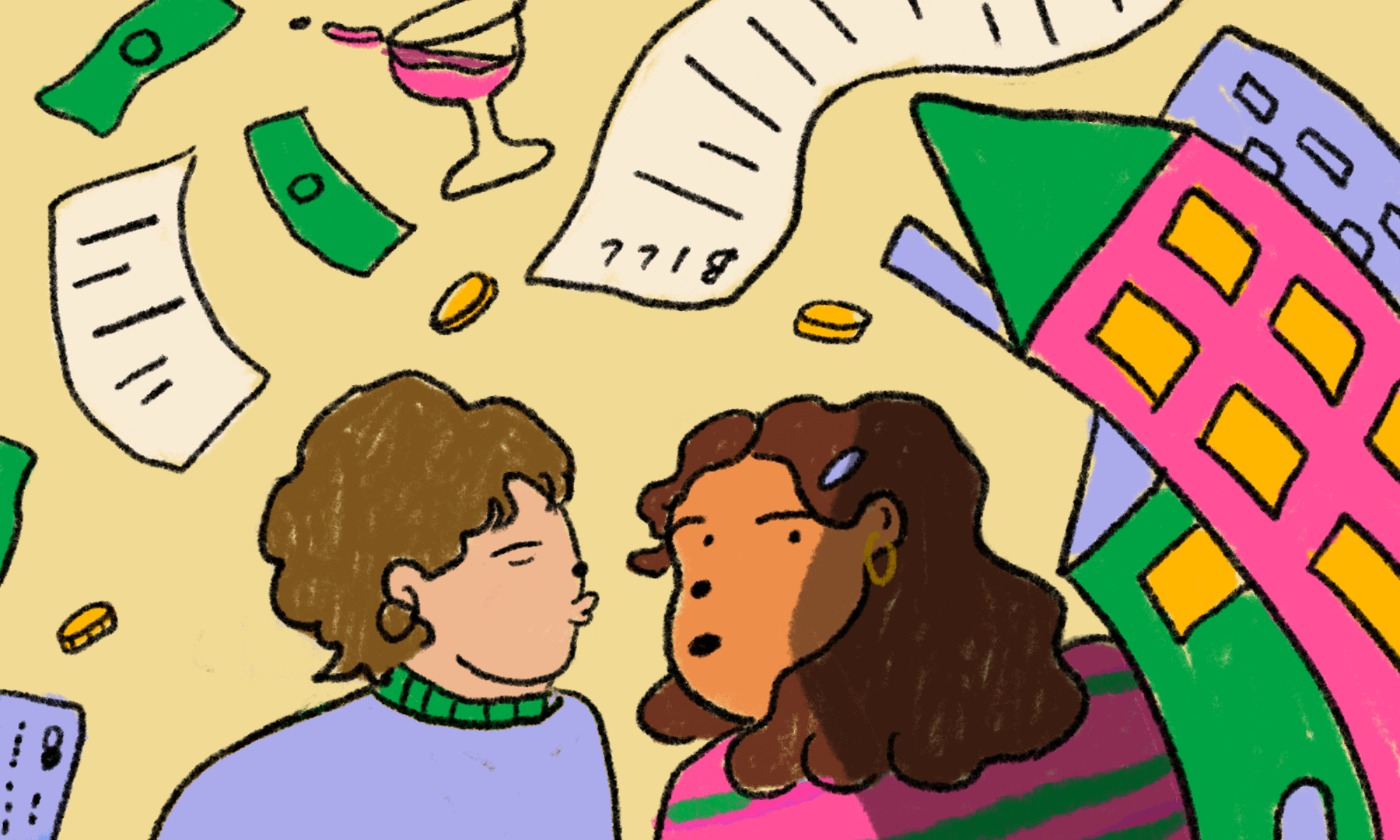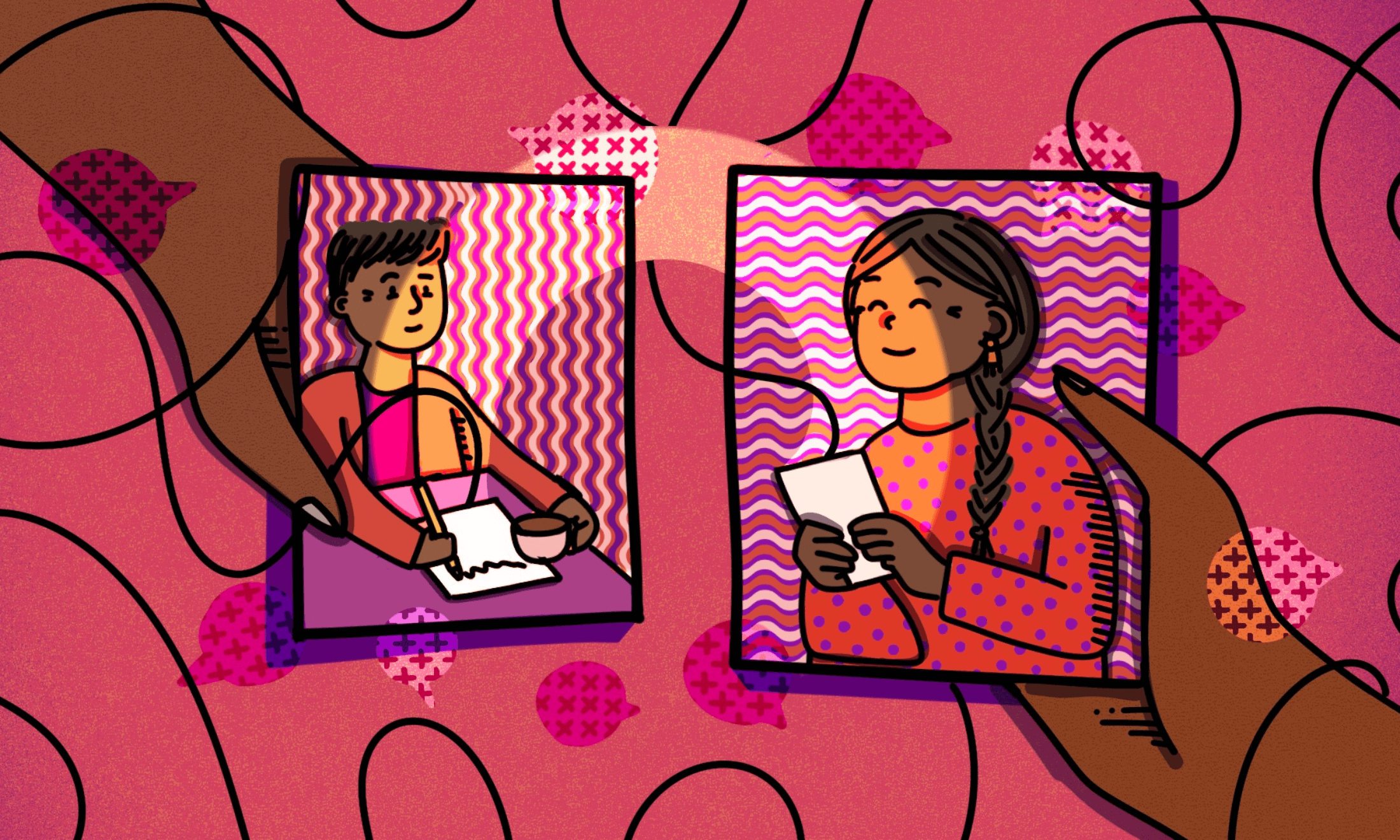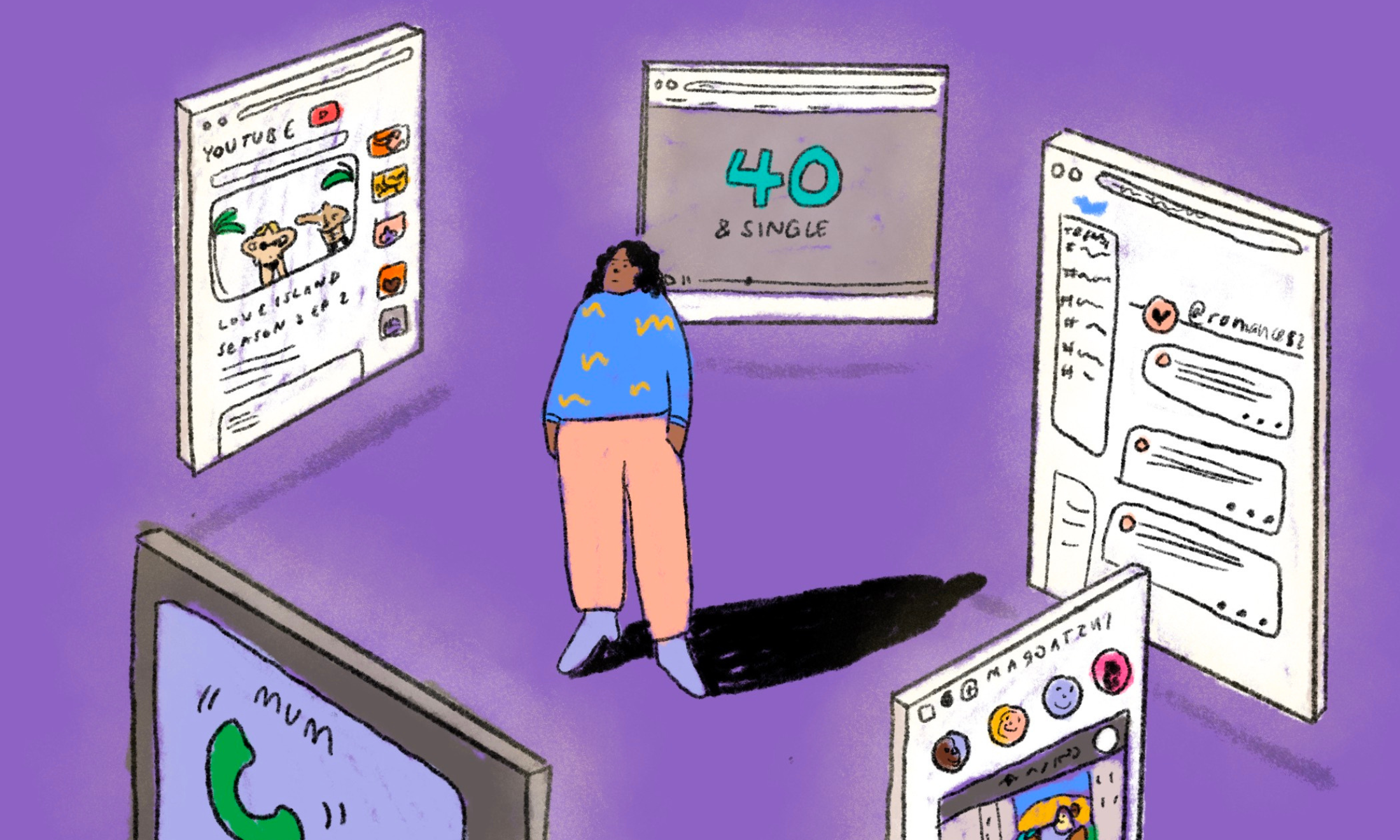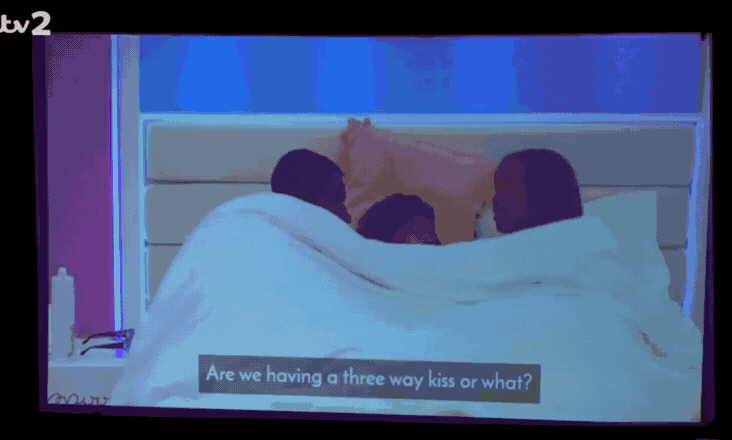
When was the last time someone asked you out on a date?
I don’t mean the last time someone asked you out for dinner, or to see a show, or to “netflix and chill” (something I’m pretty sure nobody has said in real life), I mean the last time someone explicitly asked you on “a date”?
Survery results presented to USA Today of 18-59 year old singles showed that “69% are at least somewhat confused about whether an outing with someone they’re interested in is a date or not.” I get the confusion. When I polled twenty of my friends about how they’d define a date, the answers varied dramatically, with some suggesting a date was only a date when both parties had explicitly admitted some level of romantic interest, whilst others defined it as any one-on-one outing between two people with compatible sexual orientations. If there’s no consensus about what a date is, then why aren’t we more explicit when we’re trying to ask someone on one? And what do we mean when we talk about “dating”?
Dating websites often market dates and dating as the process you have to go through before you get to the relationship, a boss you have to defeat before you reach the next level of coupledom.The potential that a relationship might be the prize waiting for us at the end of the process is implied to be the main draw. Take match.com’s 2010 advert “Train Station”, where the worst guy you’ve ever met at a house party starts aggressively serenading a woman at the other side of a train platform, directing her to dance like some kind of sick, hipster ventriloquist. The slogan at the end, “we make moments like this happen everyday. Start your love story at match.com”. Dating, it implies, is just the beginning. It’s the first step on your road to love.
That dating is seen to be this temporary state before a relationship is what the dating industry rests on, and it’s not just match.com. Plenty Of Fish sells itself on the fact they have “more relationships” than any other site. And eHarmony’s slogan, “beat the odds, bet on love” sounds like an episode of The Hunger Games, all of us piranhas swimming viscously through the dating pool devouring competition until only you and your boo-fish remain. All are selling the potential to find love and relationships, some event featuring testimonials of the “success stories”, with the most successful daters now entering into marriages and having babies.
The idea is they’ll help you get through the uncertain dating phase to reach relationship bliss as quickly as possible. What they don’t mention, of course, is that most relationships will end, and they’ll be there when you start the process all over again. It’s like an ever-churning wheel: single, dating, relationship, repeat. They make money because dating is always a state of flux, with new prospective daters popping up as if on a conveyor belt. But what about when dating is the end goal?
I have a friend who has been “dating” the same person for about a year. They’re not formally a couple, yet see each other regularly several times a week. They don’t discuss who they’re seeing or what they’re doing outside of the time they spend together, and they seem pretty content with each other. I told my friend that, from an outsiders perspective, it just looked like an open relationship.
“I wouldn’t have an open relationship,” my friend said, “that is why I’m not in a relationship.”
Newer dating sates have tapped in to this approach to dating. Take OKCupid and Tinder, both founded later than the matchmaking websites I mentioned above. Neither make mention of love at all. They are providing you with dates, that’s it. Tinder takes the term “dating game” almost too literally, with it’s rewarding game-like swipe feature. OKCupid advertises their services as this: “Find the relationship of your dreams, a one-night stand, a sham marriage (we’re not judging). In fact, we don’t care what you do.” Despite this, they still brag about their carefully constructed algorithms to find you the best match. Best match for what, exactly? Well, we fill that in ourselves. Because the real secret to modern dating culture is this: a lot of people just like dating.
When you take away the implication that dating is a two player game, dating is more about the relationship you have with yourself, and the fulfilment you get from socialising with others. Unlike polyamory, where you’re open to emotionally, romantically or sexually committing to multiple people, with dating, you’re not really committing to anybody at all, and that’s the point. As long as your honest with the people you’re dating, whether you’re looking for commitment or not, it’s a perfectly valid state to stay in.
Perhaps the reason we’re all too shy to call a date a date is because of the pre-text that a date has to lead to something, that a date can never be just a date. Maybe we should start approaching dating with the mindset that a date is enough: I am asking you on a date because I would like to go on a date with you. I’m not saying I’ve got feelings, I’m not saying I want this to develop into something, I’m saying you seem alright and I want to spend a few hours in your company. We should collectively dismantle the idea that dating leads to a relationship, and that if you don’t end up in one you’ve been “unsuccesful”. Not everyday together forever, some days, dinner and a night bus home. And that’s enough.

